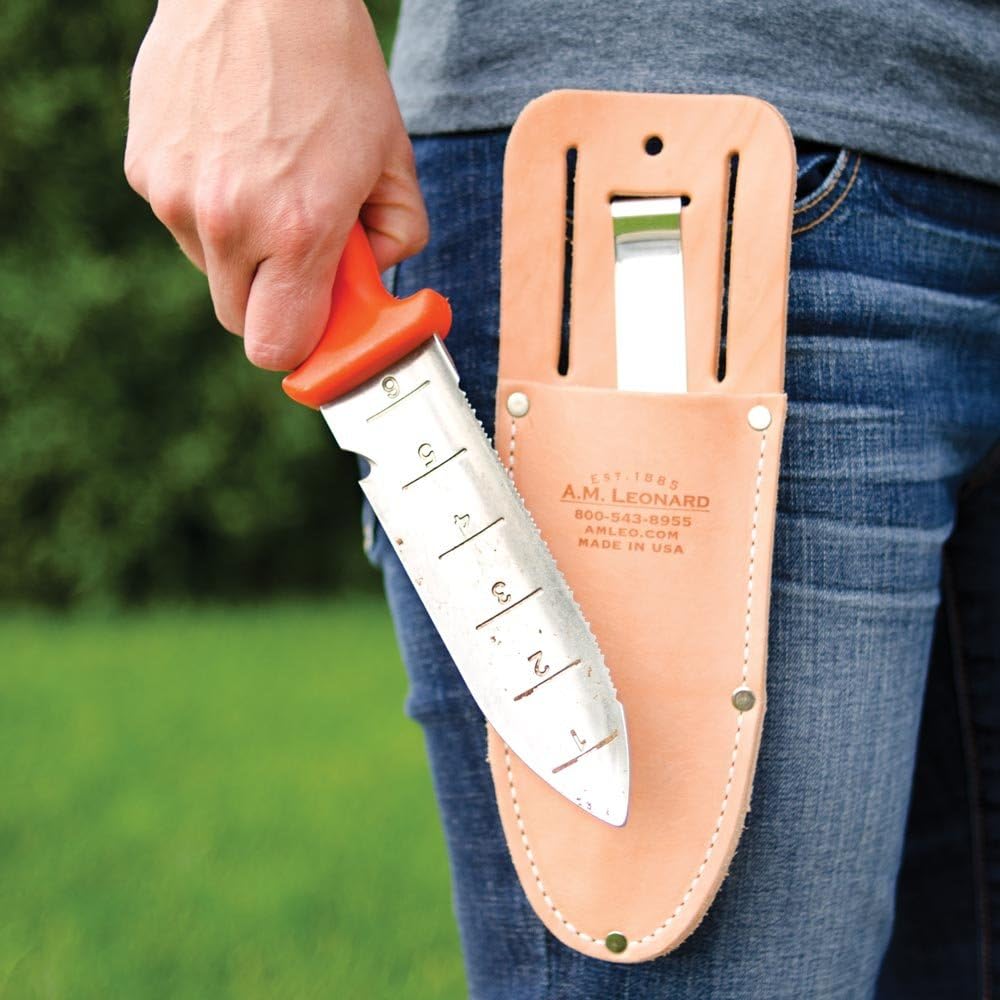Southern Plains

Summer snowflake (Leucojum aestivum)
USDA Hardiness Zones: 3 to 9
Size: Up to 2 feet tall and 18 inches wide
Conditions: Partial to full shade; moist, well-drained soil
Although Texas is too hot and humid to grow lily-of-the valley (Convallaria majalis, Zones 2–7), summer snowflake is a worthy substitute. It tolerates wet clay, withstands drought, naturalizes freely, and blooms profusely, even in dense shade. All the while, this spring-flowering bulb will lure butterflies to your garden without attracting the attention of rabbits, squirrels, or deer.

Leopard plant (Farfugium japonicum ‘Aureomaculatum’)
Zones: 7 to 8
Size: 1 to 2 feet tall and wide
Conditions: Partial to full shade; moist, well-drained soil
There is nothing about leopard plant not to love—especially if you have a damp spot with afternoon shade. This plant sports glossy, speckled leaves atop fuzzy red stems. Its tall clusters of yellow blooms are like rays of sunshine in my fall shade garden and often continue blooming through a mild winter. Leopard plant is mostly evergreen when temperatures stay above 20°F, and the roots are hardy down to 0°F. It prefers slightly moist soil but doesn’t appreciate overwatering and is quite drought tolerant.

‘Soft Caress’ Oregon grape (Mahonia eurybracteata ‘Soft Caress’)
Zones: 7 to 9
Size: 3 to 4 feet tall and wide
Conditions: Partial to full shade; average, well-drained soil
“Soft caress,” indeed! You’ll barely recognize this shade dweller as an Oregon grape when it sends up its long slender foliage without a single thorn. Its spikes of fragrant, lemon yellow flowers bloom from fall through winter, and will add a jolt to any shady bed. But the large clusters of silver-blue berries that follow the blooms are what I look forward to most. For the best results, give this drought-tolerant perennial afternoon shade, well-draining soil, and plenty of water the first year.
‘Tangerine Beauty’ cross vine (Bignonia capreolata ‘Tangerine Beauty’)
Zones: 6 to 9
Size: 30 to 50 feet long
Conditions: Partial shade; moist, well-drained soil
A better-behaved cousin to the less-than-polite trumpet vine, cross vine is a colorful solution for a fence or arbor with afternoon shade. Although this east Texas native is slow to establish, ‘Tangerine Beauty’ sports brighter, showier flowers than other cultivars and will reward your patience with loads of orange blooms in both spring and fall. Flowers bloom on old wood, so prune this vine immediately only after blooms fade.

Photos: Courtesy of Leslie Halleck; Joshua McCullough/www.phytophoto.com; Steve Aitken; Pam Penick; bottom left, www.millettephotomedia.com
Fine Gardening Recommended Products

A.M. Leonard Deluxe Soil Knife & Leather Sheath Combo
Fine Gardening receives a commission for items purchased through links on this site, including Amazon Associates and other affiliate advertising programs.


















Comments
Log in or create an account to post a comment.
Sign up Log in